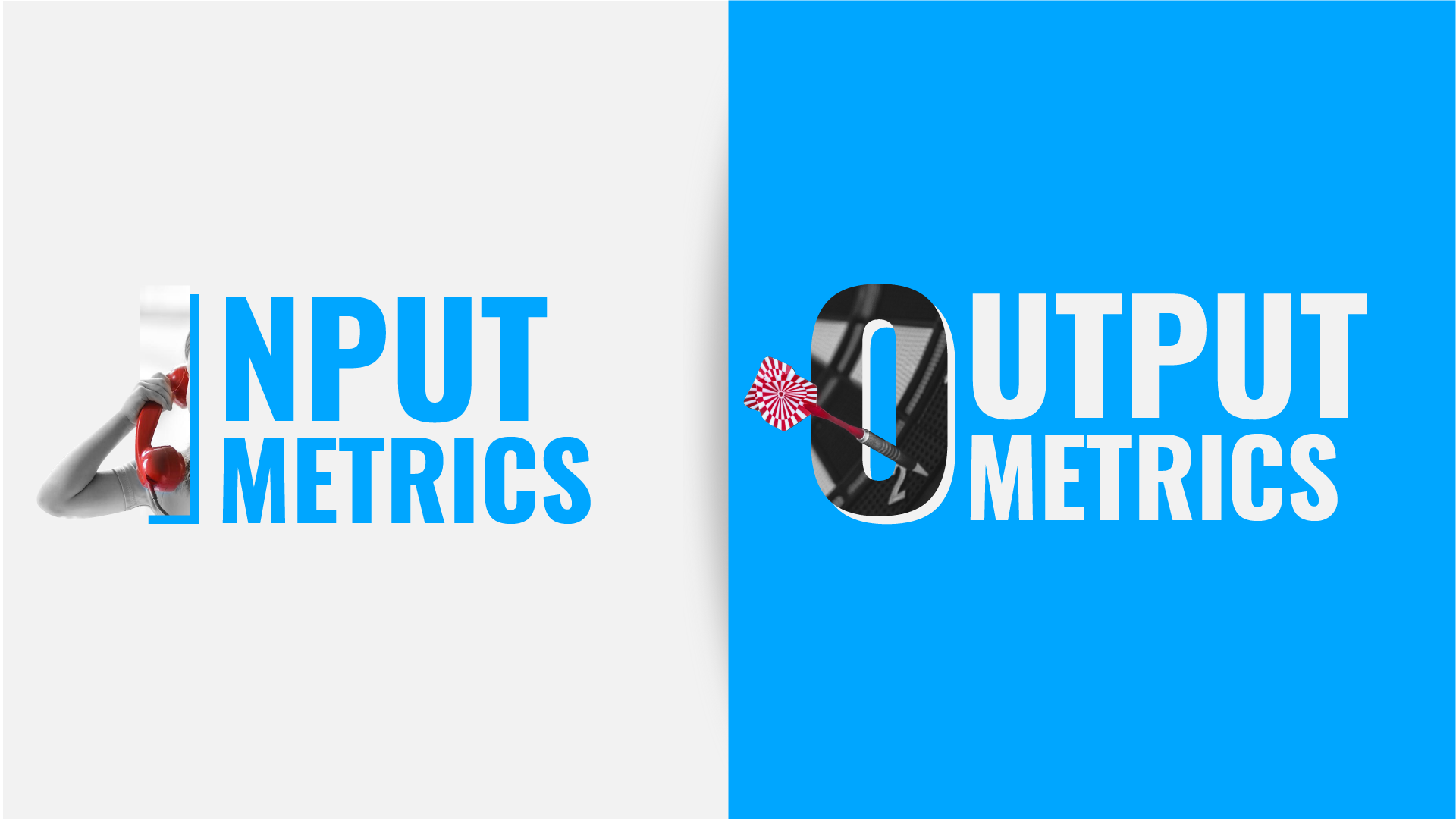If you run a business, you need to know how to perform accounting. This goes beyond having financial statements and an accurate balance sheet, although knowing your paper trail helps.
At DeepSky, we have a wonderful video about the basics of building an accounting system but want to provide additional information. Below, we have gone into more detail about the steps you need to take.
Start With The Bills And Accounts Payable
We need to gather our expenses, first and foremost. Bills can come from vendors, manufacturers, distributors, landlords, outside contractors, and marketing firms. In the long-run, knowing how much you need to pay to run your business will also help with your profit and loss statement. You can figure out what expenses are necessary, and which you can cut, without defaulting on loans.
If you don’t pay your expenses, then vendors can no longer trust you and the business will eventually collapse into a heap. The worst-case scenario would be running a Ponzi scheme, where investors give money and see no return on their capital. You are not a Ponzi scheme, and you want to provide a return.
Evaluate Your Processes
The processes are the series by which you get paid or have to make a payment. These financial transactions include how you pay expenses, conduct sales, and manage accounts receivable. You need these three fundamental aspects to run a business.
Once or twice a week, enter all your bills into designated accounting software. We like Xero, which is a fairly accessible program for any business. While Quickbooks is another option, we prefer using Xero for its convenience and flexibility.
Xero is different from Quickbooks in that it organizes the different plans based on the size of transactions and finances, and customer support is more reliable from the source. We can use Xero’s 700 integration options to assist a larger variety of clients. You receive automatic sorting and organization for your transactions, which creates a viable digital finance trail.
In the case of a sales process, a consumer arrives to request a product or service, or reach out to them. The employees in charge of sale will do all they can to ensure the transaction goes smoothly. Then you receive revenue, and that will assist in paying all of your expenses.
Your sales process varies depending on your business’s nature. A regular retail store may have a customer needing to get to the cash register and checkout. If you have sales representatives for large accounts, they know how to convert a prospect into a customer, acquire a contract, and close a sale. Then the business receives the revenue from that sale.
In contrast, the accounts receivable process focuses on obtaining that revenue. The accounting team generates invoices by which to send to customers. This obviously applies to when you close a deal or when you supply a vending service. Once you receive that
All of these processes exist in a connecting web. They have to show interdependence and constant flow of cash and assets. Your designated methods need to flow together so that you can consistently evaluate your business’s health.
Going back to Xero, we find that this tool can cover all three processes to create a cohesive system. What’s more, you can add as many users as you need for finances regardless of the chosen plan. That means we can ensure that every important company manager or expert can access the same books and stay up-to-date on the most recent transactions.
How DeepSky Can Find Your Accounting Method
DeepSky has years of experience helping firms with their accounting. We’ll assist with appropriate tools to match your processes and streamline them, at affordable rates. Outsourcing to us will save on your expenses in the long run.
Get your free consultation today. We want to create a viable accounting system for you and organize all of your transactions.


